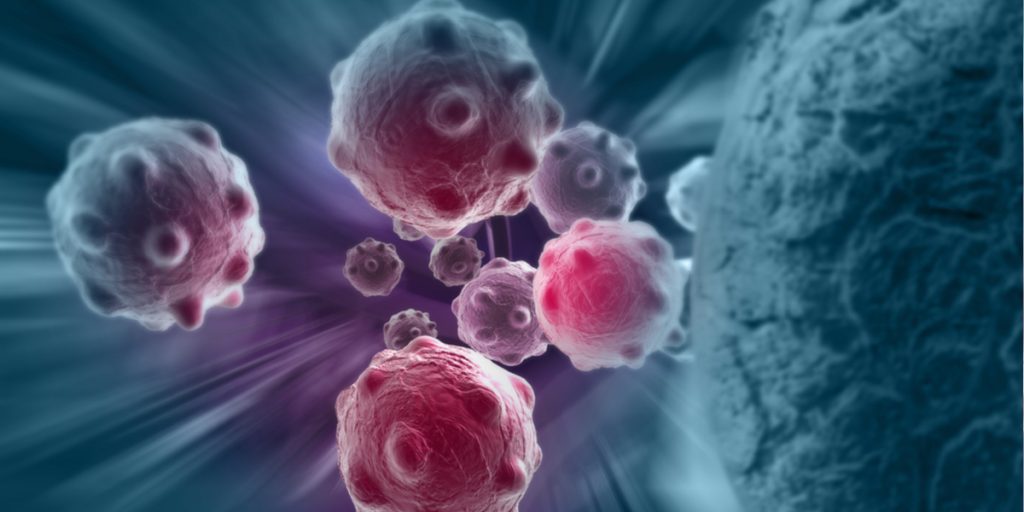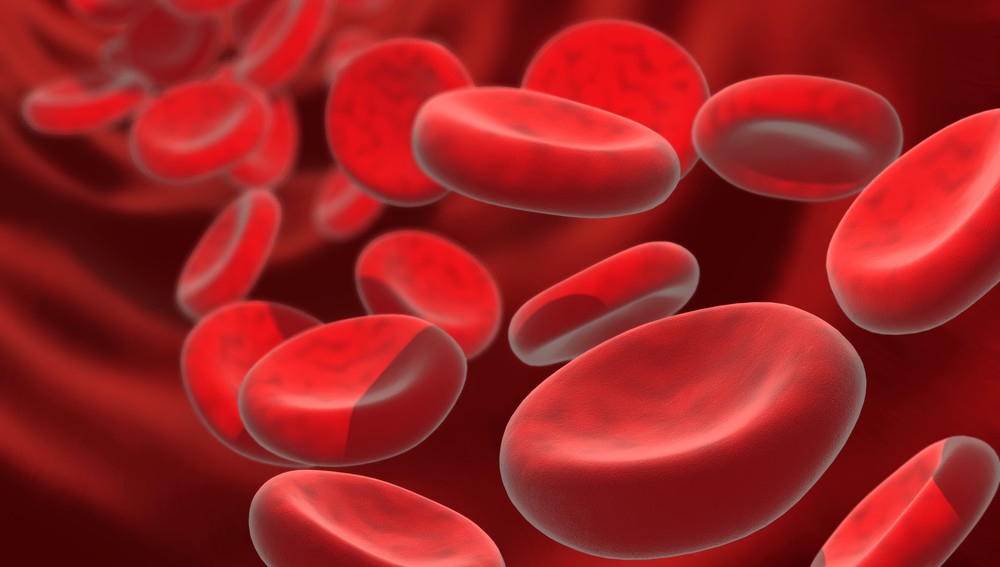People struggling with cancer may undergo an allogeneic stem cell transplant, which involves replacing unhealthy stem cells with new ones. Because using a patient’s own stem cell can be unpredictable, many patients use donated bone marrow stem cells for this procedure. If successful, the procedure can help fight off cancer and leukemia. Find out what allogeneic stem cell transplant is, including how it works, as well as the risks and benefits involved with the procedure. [Read more…]
Market Brief – Opportunities and Threats within the Cord Blood Banking Industry
The cord blood banking industry is a complex industry, with numerous benchmarks that indicate the overall health of the industry, including public and private storage of cord blood and cord tissue units, utilization rates for cord blood, regional and global rates of hematopoietic stem cell transplantation (HSCT), and more.
Benchmarks are critical to assess, because the global cord blood market has matured substantially over the past few years, creating both serious threats and novel opportunities. Therefore, judging individual company performance relative to the broader cord blood marketplace has become substantially more complex.
Serious threats to the cord blood industry include:
[Read more…]
No Longer Just for Humans — Cord Blood Banking Now Available to Horses Too
VetiCell, LLC, has announced that it is launching a proactive stem cell storage program for animals, in which it will collect stem cells from the umbilical cord of horses or from the reproductive tissues of dogs following spay or neuter.
VetiCell is a sister company to AlphaCord, a human cord blood bank, with the two companies having the same owner and staff.
Currently, there are a couple companies operating in the veterinary stem cell market that collect stem cells through invasive methods (adipose or bone marrow). However, VetiCell’s new model is to collect veterinary stem cells without surgery from the umbilical cord of horses or from reproductive tissues after canine spay and neuter. These methods require no additional invasive surgery to collect an animal’s stem cells.
Since 2006, BioInformant has been tracking the human stem cell banking market. Initially, the market was focused on the storage of umbilical cord blood, although it has expanded over the past ten years to include the storage of other types of stem cells, including those present within cord tissue, dental pulp, adipose tissue, and more.
With hundreds of human cord blood banks now competing worldwide, it will be interesting to see whether any of them add equine cord blood banking to their portfolio of human stem cell storage services.
Aussie Stem Cell Company Cynata Therapeutics Signs LOI with apceth GmbH
 Cynata Therapeutics, an Australian stem cell company with a powerful mesenchymal stem cell (MSC) manufacturing technology, has signed a Letter of Intent (LOI) with the German giant,apceth GmbH & Co. a company developing genetically engineered, next generation mesenchymal stem cell (MSC) therapeutics.
Cynata Therapeutics, an Australian stem cell company with a powerful mesenchymal stem cell (MSC) manufacturing technology, has signed a Letter of Intent (LOI) with the German giant,apceth GmbH & Co. a company developing genetically engineered, next generation mesenchymal stem cell (MSC) therapeutics.
This is a significant announcement, because apceth GmbH & Co. KG is an extremely well-funded group. Their major shareholders are the Strungmann family, which previously owned Hexal, one of the largest manufacturers of generic pharmaceuticals in Europe. While apceth GmbH & Co. KG is not widely known within the United States, it is a major force within the European Union (EU) biotech market. [Read more…]
Neural Stem Cell Industry News Round-Up | June 2015
The neural stem cell industry is a rapidly evolving industry. Every month there are major events occurring in the sector that shift industry dynamics. Often, these events are announcements of technical or scientific advancements. Sometimes they are announcements of major industry alliances. Occasionally, they are announcements of a new industry competitor, a major milestone, or a significant funding award.
For those of us interested in the neural stem cell industry, tracking these shifting industry dynamics is of paramount importance. For this reason, this post covers the most significant neural stem cell industry news events as of June 2015.





















